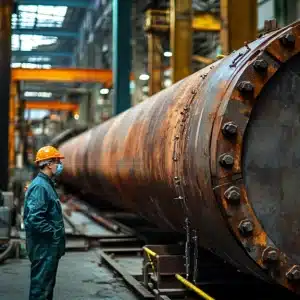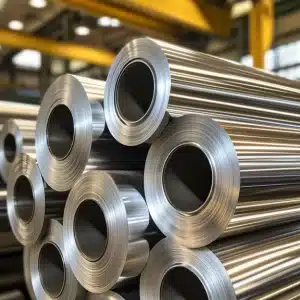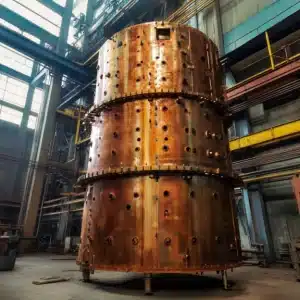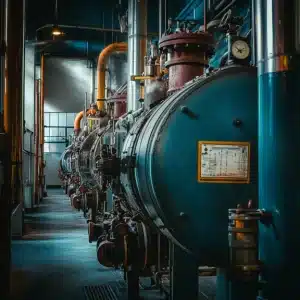
Exploring the Standard Steel for Pressure Vessels
Standard Specifications and Regulations Pressure vessel creation needs to adhere to stringent regulations set forth by way of businesses along with the American Society of Mechanical Engineers (ASME) and the American National Standards Institute (ANSI). Compliance with these necessities is important to ensure the protection and integrity of pressure vessels. ANSI Standards for Pressure Vessel Materials The ANSI standards outline the material requirements, fabrication methods, and first-rate control measures for pressure vessel substances. Adhering to these requirements ensures consistency, reliability,




